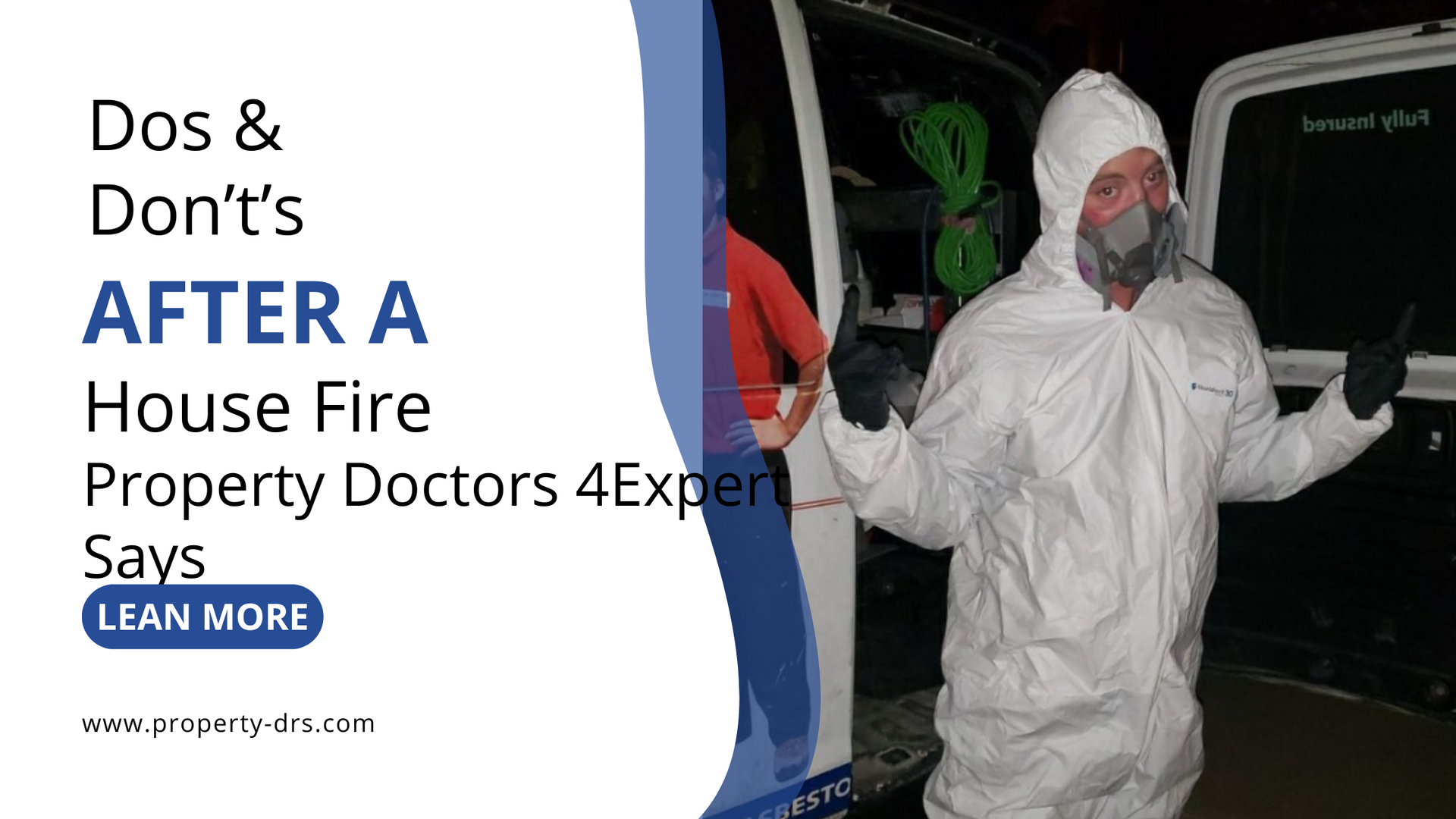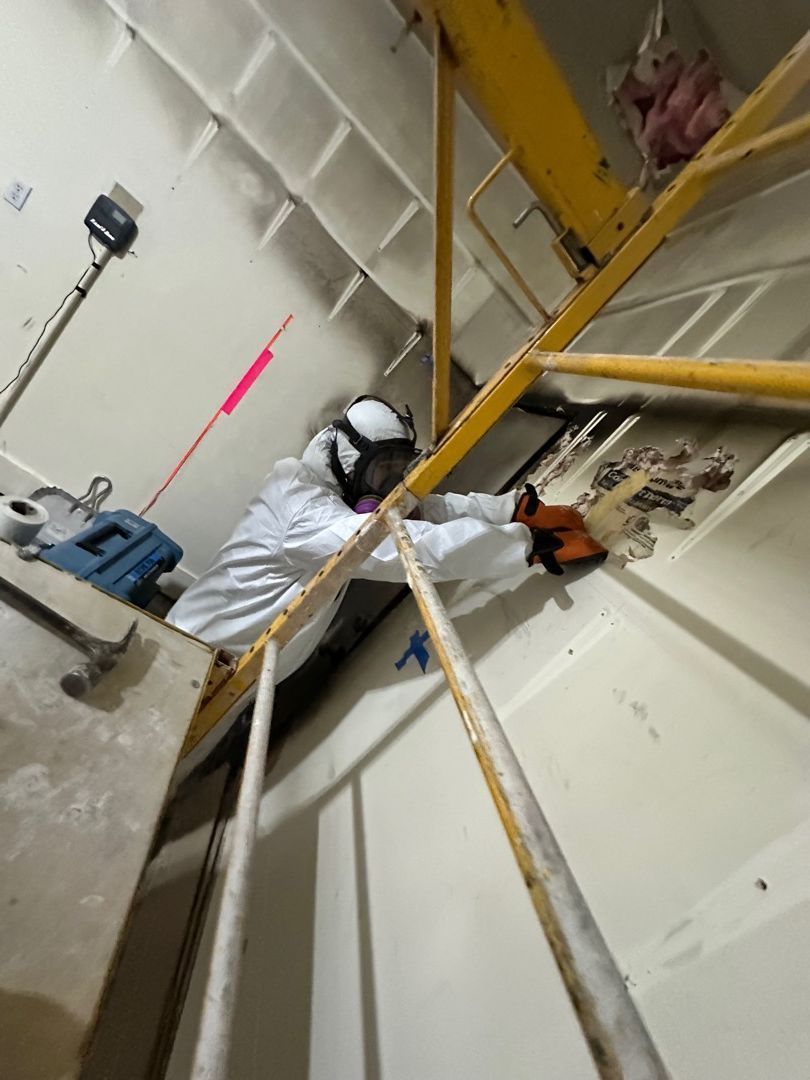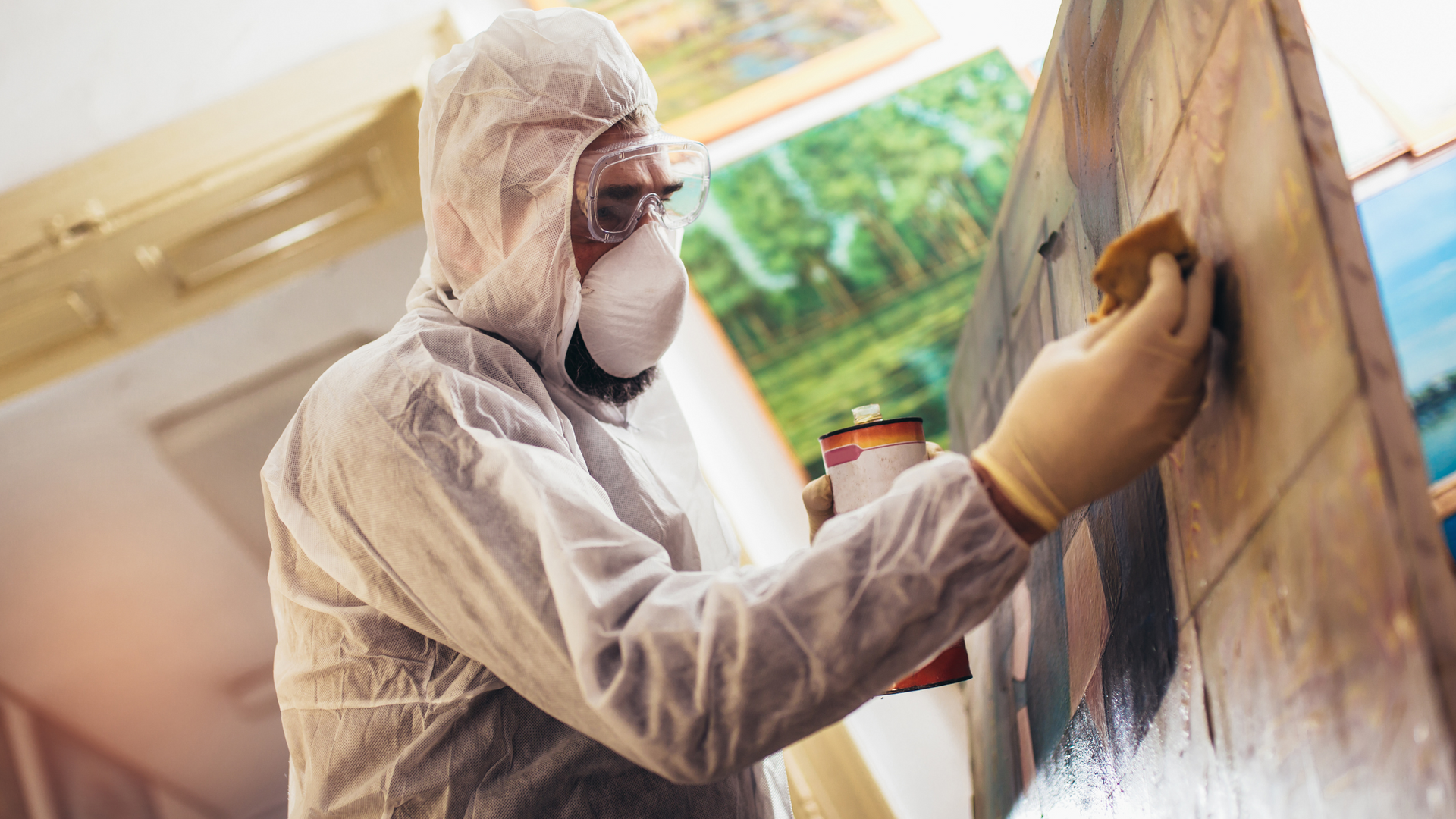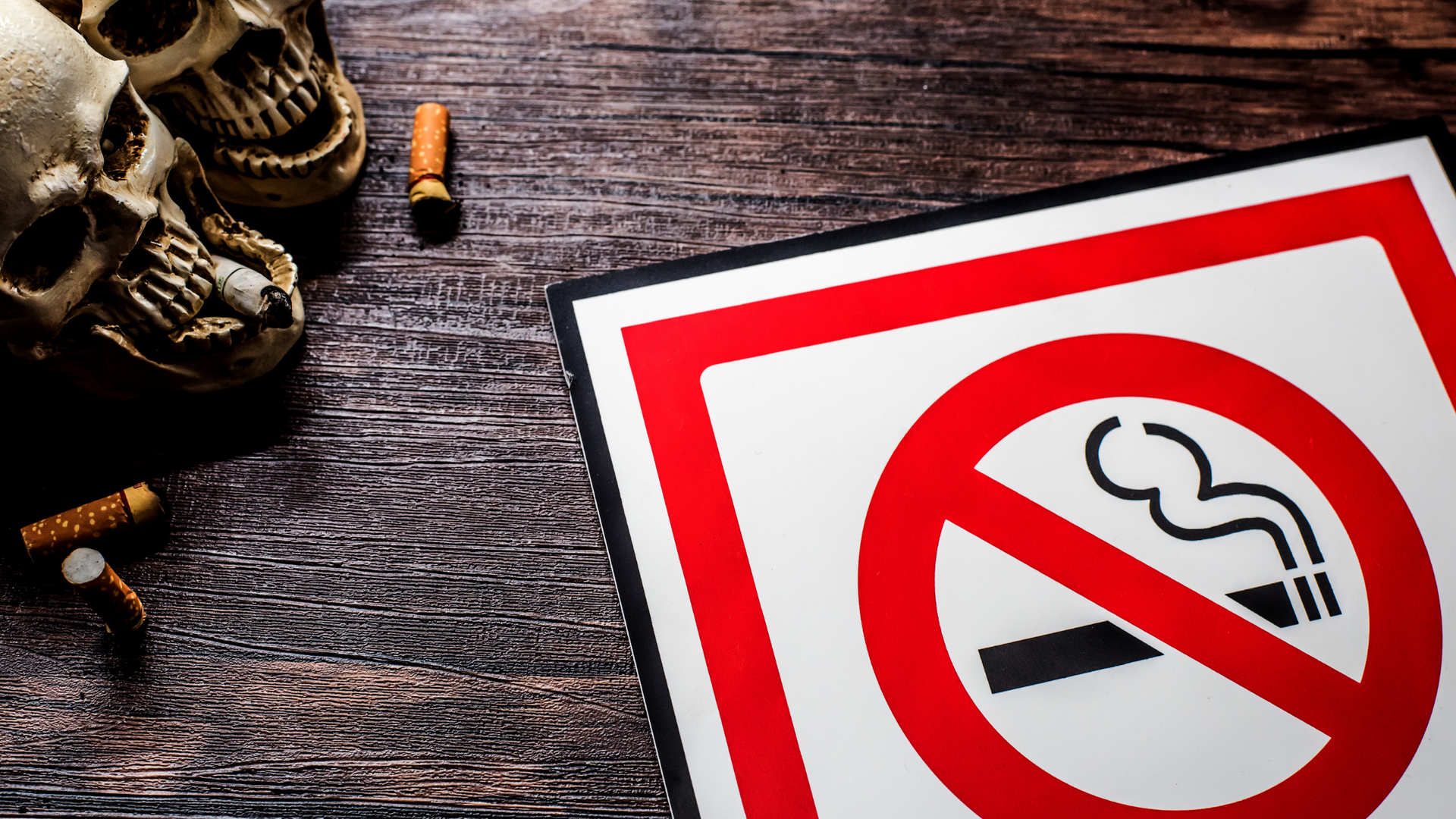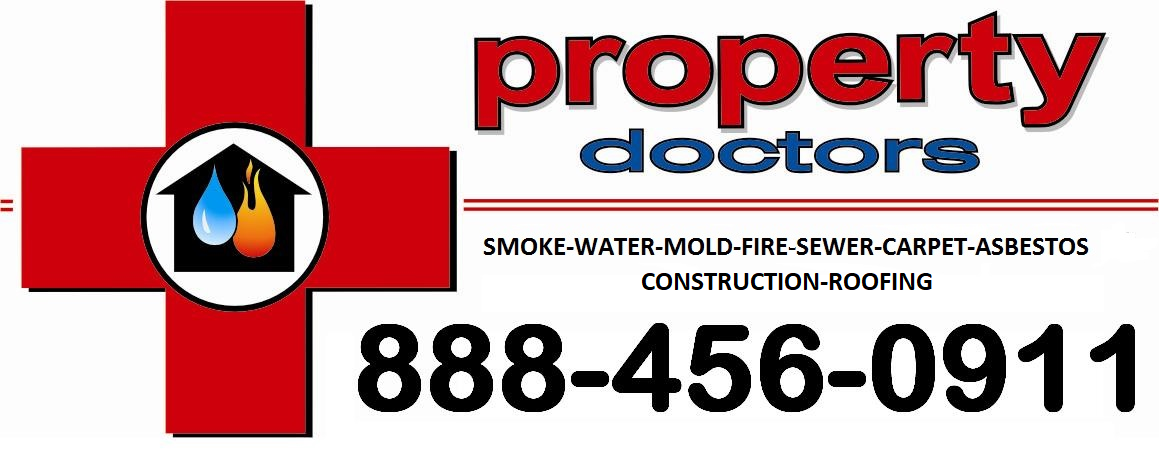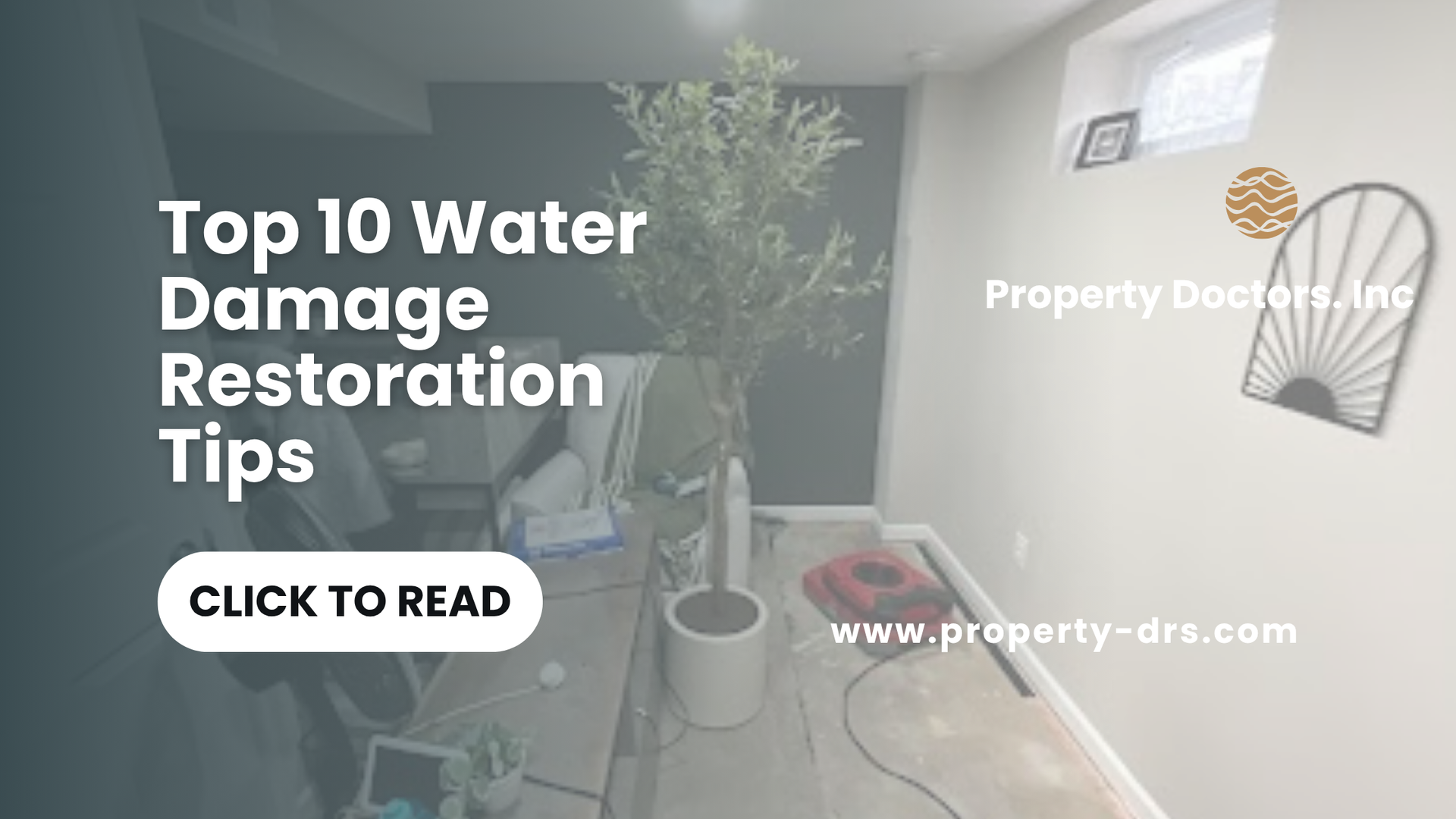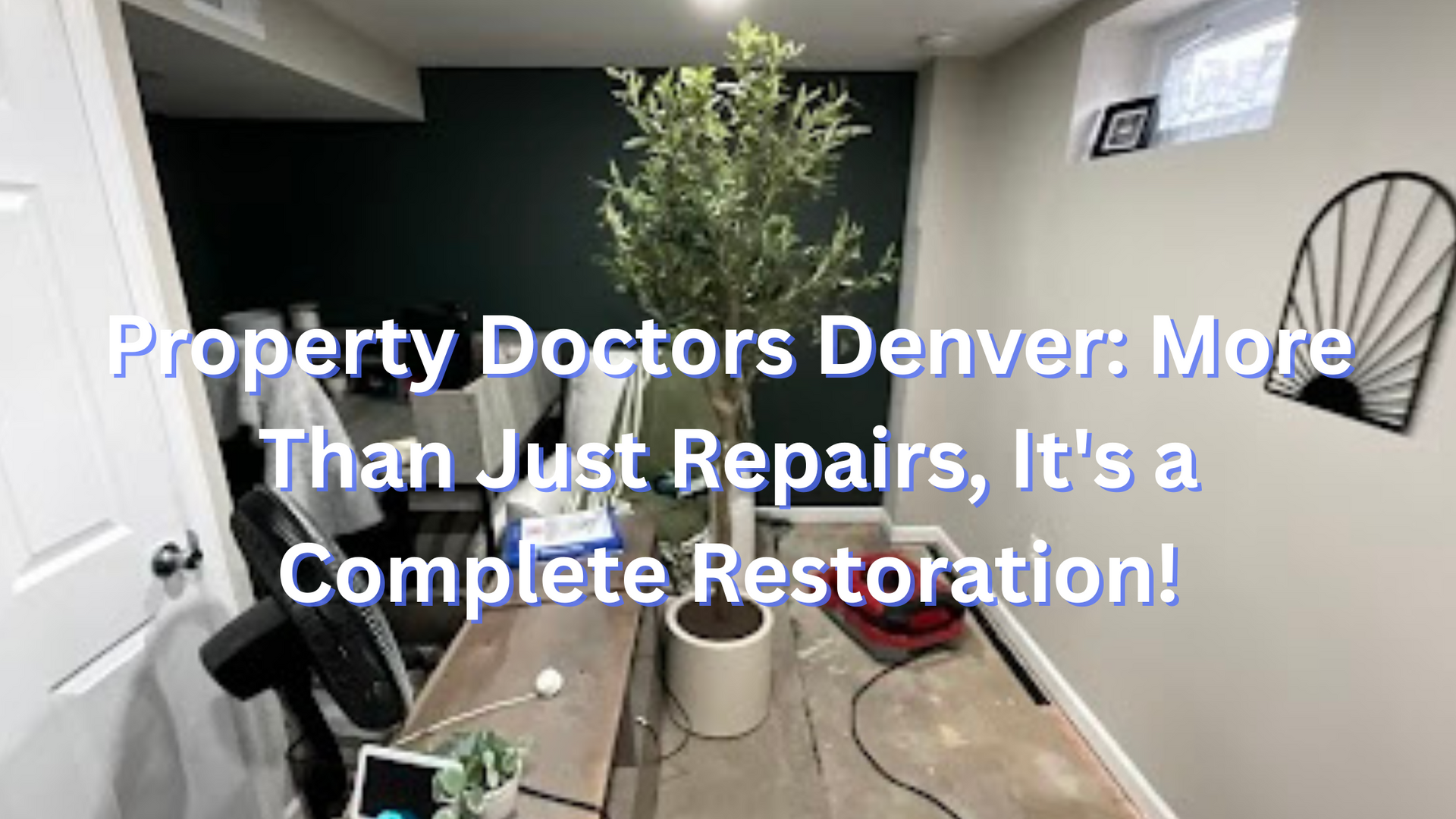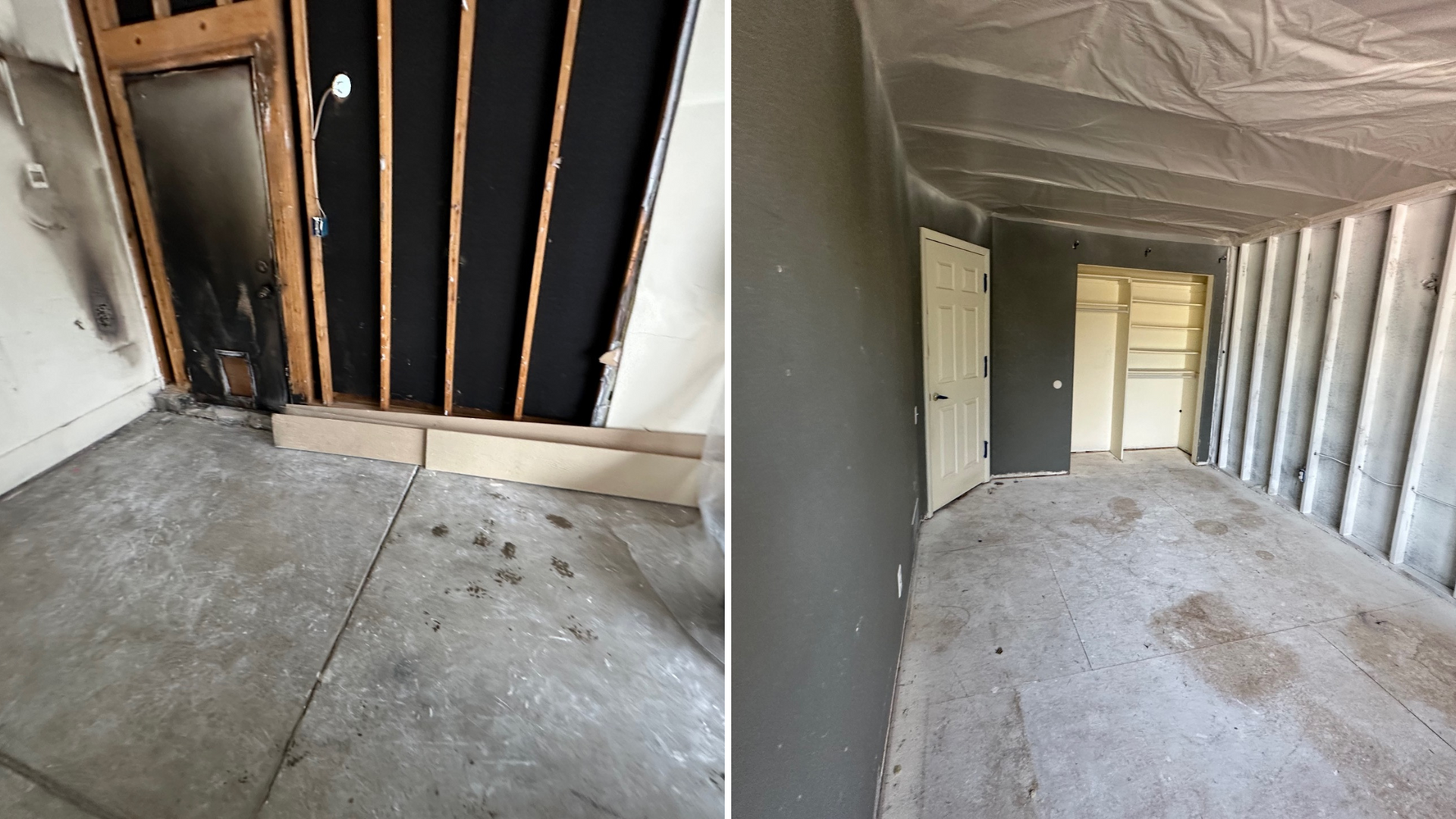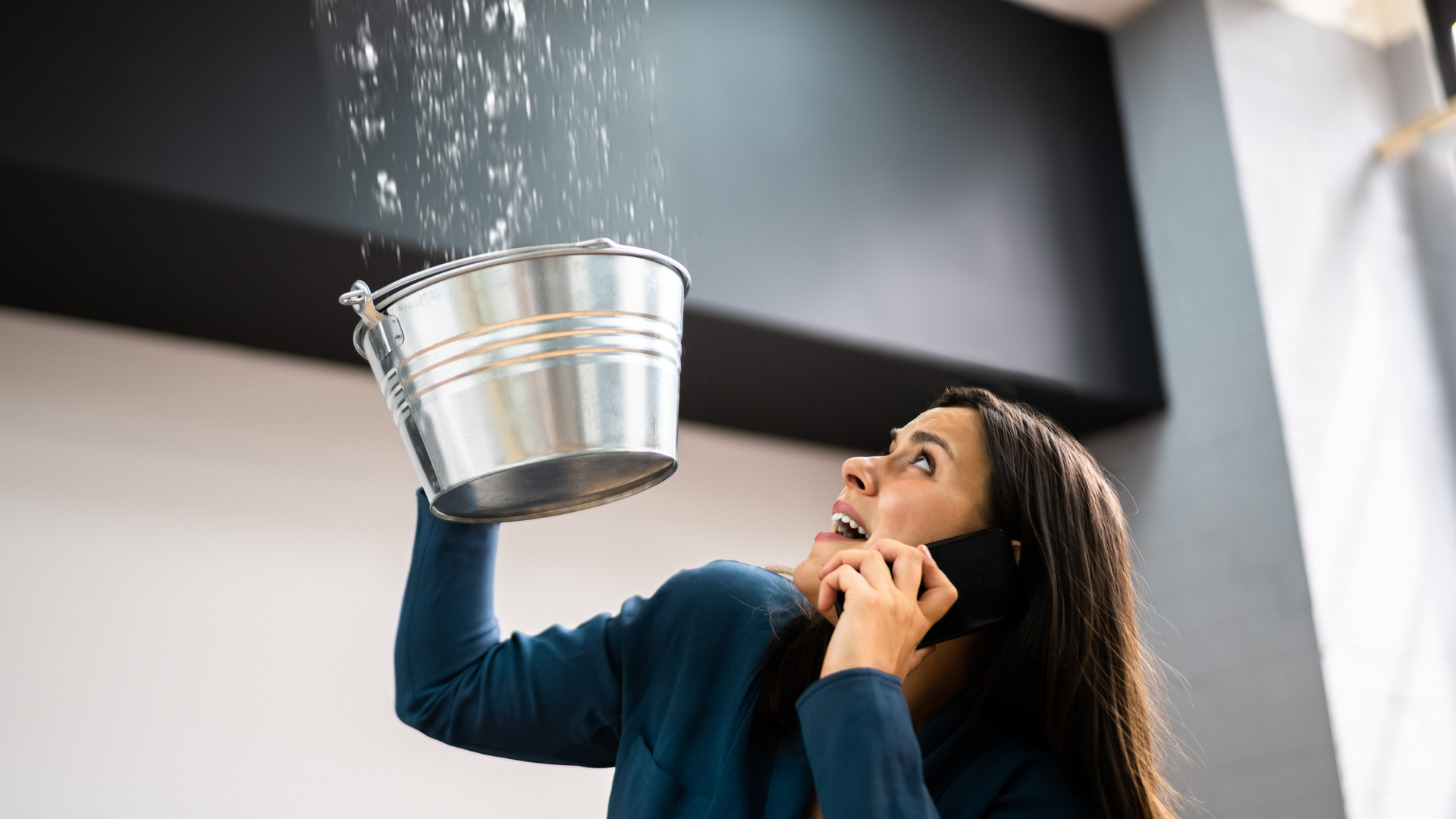The Hidden Dangers of Mold: More Than Just a Smell
Mold grows in areas where moisture is present, and it can develop in hidden corners of your home, such as behind walls, under flooring, or in the attic. Mold thrives in humid conditions, making homes in Denver and surrounding areas particularly susceptible during the warmer months or after water damage from leaks or flooding.
What many people don’t realize is that mold doesn’t just cause structural damage—it also compromises the air quality inside your home. Mold releases spores into the air that can irritate the respiratory system, causing a range of health issues, particularly for vulnerable individuals, including pets.
How Mold Affects Indoor Air Quality
Indoor air quality (IAQ) refers to the air quality inside and around buildings, particularly in relation to the health and comfort of its occupants. Poor IAQ is directly linked to the presence of mold, as mold spores are airborne and can cause a variety of respiratory problems. Here are the main ways mold impacts IAQ:
1. Mold Spores Pollute the Air
Mold spores are microscopic and can travel through the air, making their way into your lungs, causing respiratory issues. In areas with high humidity, such as Lakewood, Arvada, and Boulder, mold spores are more prevalent, increasing the risk of exposure for both humans and pets.
2. Mold-Induced Allergies
Mold exposure can trigger allergic reactions in both humans and animals. The symptoms include sneezing, coughing, itchy eyes, and skin rashes. Pets, especially those with respiratory conditions like asthma, can also suffer from these symptoms when exposed to mold in the air.
3. Toxic Mold and VOCs (Volatile Organic Compounds)
Some types of mold produce mycotoxins, which are toxic substances that can negatively affect your health. These toxic compounds can contaminate the air and aggravate respiratory conditions such as asthma, bronchitis, and chronic sinusitis. VOCs released by mold can also produce a musty odor that’s difficult to remove and is unpleasant to both humans and pets.
How Mold Affects Pets
Pets are particularly vulnerable to the effects of mold exposure. Like humans, pets breathe in airborne mold spores, but because their respiratory systems are different from ours, they may suffer from mold-related health problems more severely. Here’s how mold can affect your pets:
1. Respiratory Issues in Pets
Pets, especially dogs and cats, are more likely to develop respiratory issues from mold exposure. Symptoms may include coughing, wheezing, sneezing, nasal discharge, and labored breathing. Pets with pre-existing respiratory conditions, such as asthma or bronchitis, are at higher risk for serious complications.
2. Skin Irritation and Infections
Pets that come into contact with mold can experience skin irritation, rashes, or infections. This is particularly concerning for pets that like to explore damp or mold-infested areas, such as basements, crawl spaces, or bathrooms.
3. Digestive Problems
If pets ingest moldy food or bedding, they may experience nausea, vomiting, or diarrhea. Mold can contaminate pet food or water sources if not stored properly, which can lead to further health complications.
4. Behavioral Changes in Pets
Some pets may show changes in behavior due to mold exposure. This could include restlessness, lethargy, or reduced appetite, which are often signs of discomfort or illness. If your pet exhibits these symptoms after a mold-related water event, it’s essential to consult a veterinarian.
Common Signs of Mold in Your Home
Mold can hide in places you can’t easily see, but there are some telltale signs you can look for to catch it early. If you notice any of the following in your Denver area home, it’s time to call a professional mold remediation company like
Property Doctors:
1. Visible Mold Growth
Look for patches of mold in damp areas like bathrooms, kitchens, basements, and crawl spaces. Mold can appear in various colors, including black, green, white, and yellow.
2. Musty Odors
A musty, earthy smell is one of the most common indicators of mold. If you notice this odor, especially in damp areas, mold may be present, even if it’s not visible.
3. Increased Allergy Symptoms
If you or your pets experience increased sneezing, coughing, or watery eyes when you’re inside your home, it could be a sign of mold exposure. Pets may also show signs of respiratory distress or skin irritation.
4. Water Damage or Leaks
If your home has had a history of
water damage, leaks, or flooding, there’s a high chance that mold has started to grow. Be sure to check areas with previous water issues, such as around windows, pipes, or roofs.
How to Protect Your Home and Pets from Mold
Here are some proactive steps you can take to prevent mold growth in your Lakewood, Boulder, or Arvada home:
1. Control Indoor Humidity
Mold thrives in humid conditions. Use dehumidifiers, especially in basements and bathrooms, to keep humidity levels under control. Ideally, keep indoor humidity between 30-50%.
2. Fix Leaks Immediately
Leaks from pipes, roofs, or windows provide moisture that mold loves. Regularly inspect your home for leaks and repair them promptly.
3. Ventilate Your Home
Proper ventilation helps reduce moisture buildup. Ensure areas like kitchens and bathrooms are well-ventilated with exhaust fans, and open windows regularly to allow fresh air in.
4. Use Mold-Resistant Products
When building or renovating, use mold-resistant materials like drywall and paints designed to prevent mold growth.
5. Professional Mold Inspection and Remediation
If you suspect mold growth in your home, it’s crucial to have a professional inspection and remediation process. Property Doctors offers mold testing, mold removal, and mold prevention services to ensure your home and pets stay safe.
Why Choose Property Doctors for Mold Remediation in Denver and Surrounding Areas?
- Expert Mold Remediation: Our trained professionals use advanced techniques and equipment to safely remove and prevent mold growth.
- Local Knowledge: We’re familiar with the unique challenges of homes in Denver, Arvada, Lakewood, and Boulder, ensuring efficient and effective mold removal.
- Comprehensive Services: From inspection.
Contact Property Doctors for Mold Remediation
If you suspect mold in your Denver, Arvada, Lakewood, or Boulder home, don’t wait! Mold can cause serious health problems for both you and your pets. Call Property Doctors at
888-456-0911
today to schedule a professional mold inspection and remediation.

